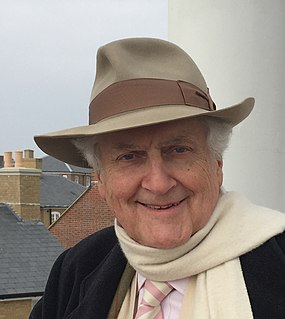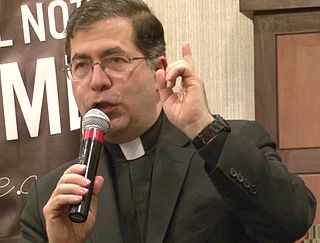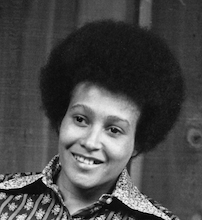A Quote by Freeman Dyson
Mostly I'm just writing books for the public, and so I try to describe for the public what the choices are, what they might have to expect in the future and so by warning people ahead of time maybe you have an effect.
Related Quotes
The best way to alleviate the obesity "public health" crisis is to remove obesity from the realm of public health. It doesn't belong there. It's difficult to think of anything more private and of less public concern than what we choose to put into our bodies. It only becomes a public matter when we force the public to pay for the consequences of those choices.
But, that’s the whole point of corporatization - to try to remove the public from making decisions over their own fate, to limit the public arena, to control opinion, to make sure that the fundamental decisions that determine how the world is going to be run - which includes production, commerce, distribution, thought, social policy, foreign policy, everything - are not in the hands of the public, but rather in the hands of highly concentrated private power. In effect, tyranny unaccountable to the public.
All buildings, large or small, public or private, have a public face, a facade; they therefore, without exception, have a positive or negative effect on the quality of the public realm, enriching or impoverishing it in a lasting and radical manner. The architecture of the city and public space is a matter of common concern to the same degree as laws and language—they are the foundation of civility and civilisation.
The Federal Government has a responsibility to manage wisely those public lands and forests under its jurisdiction necessary in the interest of the public as a whole. ... In the utilization of these lands, the people are entitled to expect that their timber, minerals, streams and water supply, wildlife and recreational values should be safeguarded, improved and made available not only for this but for future generations.
Some of these actresses or public personas who are very public about their disciplined diets, more power to them. I just don't see the point. I'm just not going to be one of those people photographed in a bikini where people are like, 'OMG, look at Amy!' I mean, it might be OMG, but not for the reasons I want.
In Australia’s biggest cities, public transport is generally slow, expensive, not especially reliable and still hideous drain on the public purse. Part of the problem is inefficient, overmanned, union-dominated government run train and bus systems. Mostly though, …there just aren’t enough people wanting to go from a particular place to a particular destination at a particular time to justify any vehicle larger than a car, and cars need roads.
Blogging has mostly been an opportunity to react more immediately to experiences to try out ideas that I may end up using in the print media or in some other place. When I write books, it's a way for me to bring readers into the experience of writing the book, all through the process of writing the books that I write. I talk about what I'm up to in the blog. I let people know what I am doing. To me, it's just part of putting my professional life up in a way that people who are interested in it can access; and learning things from them as well.




































